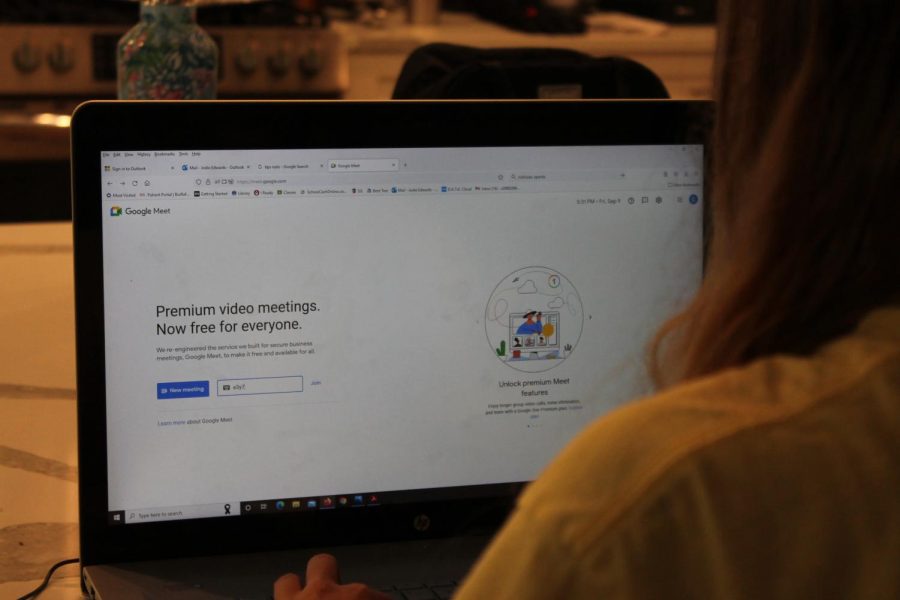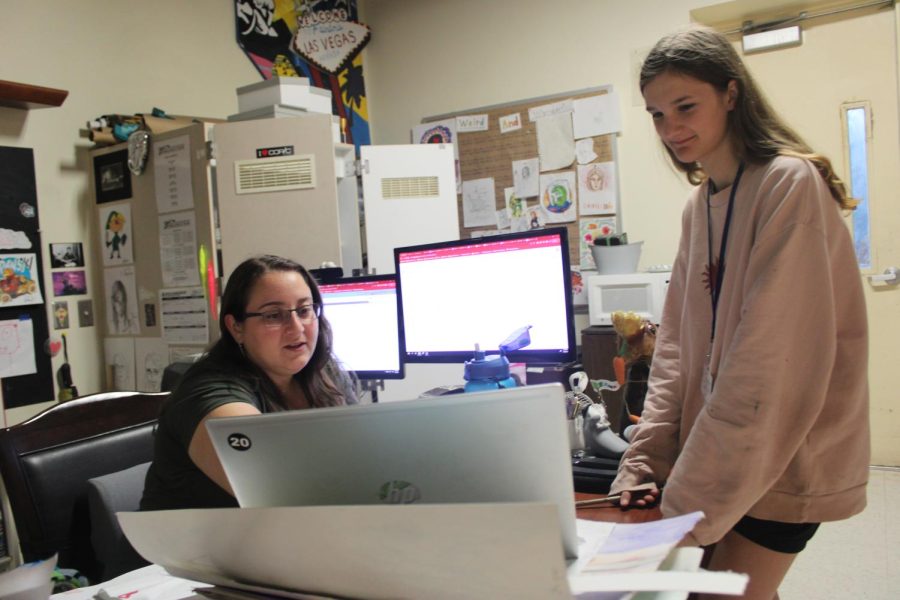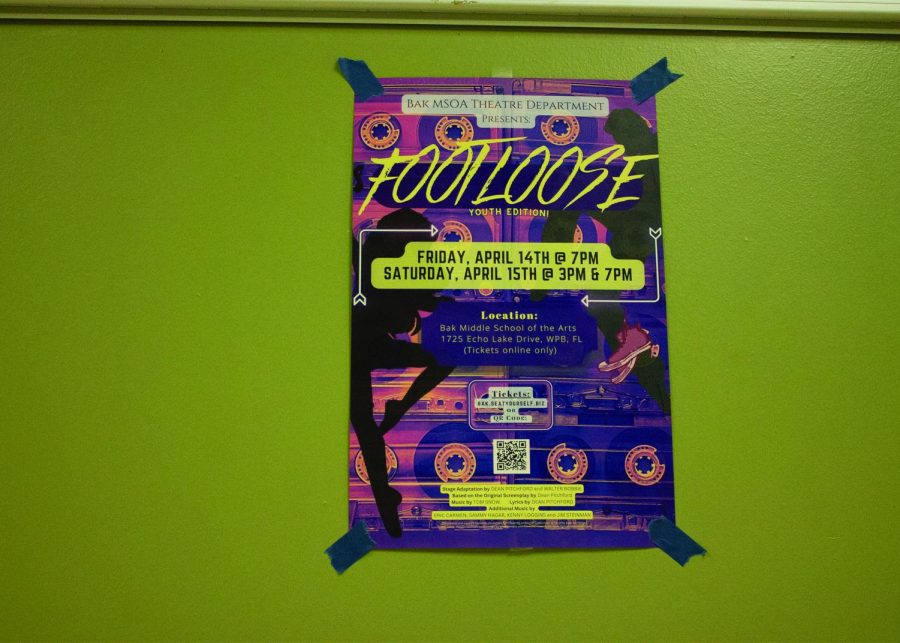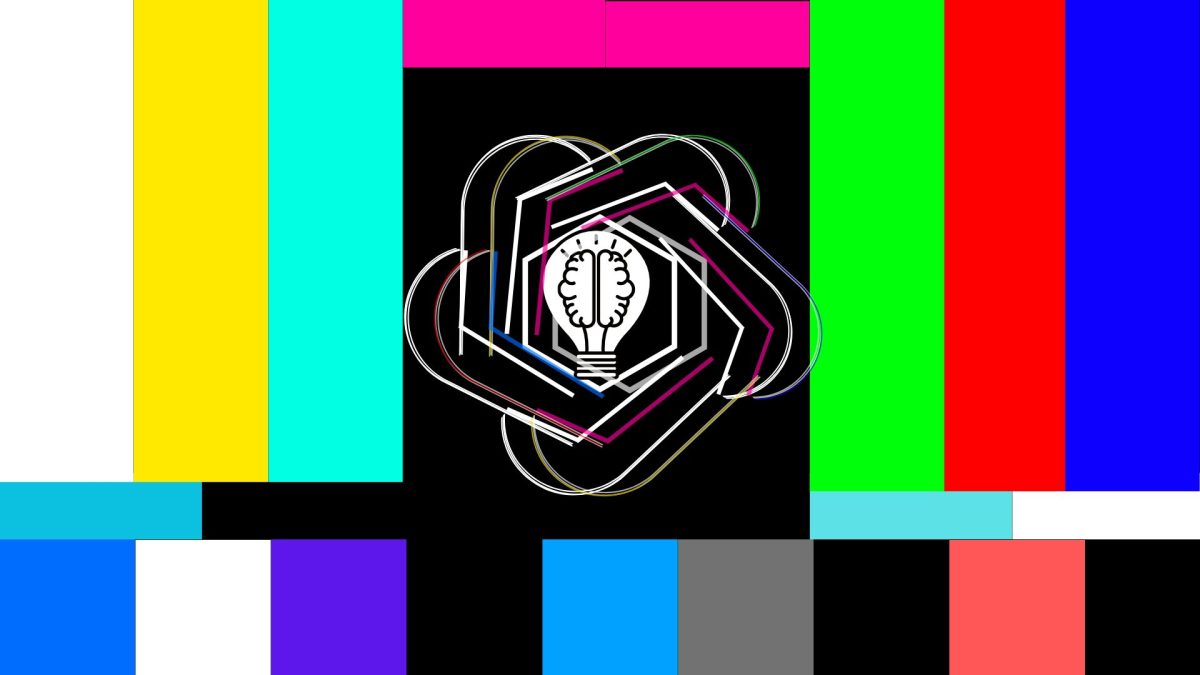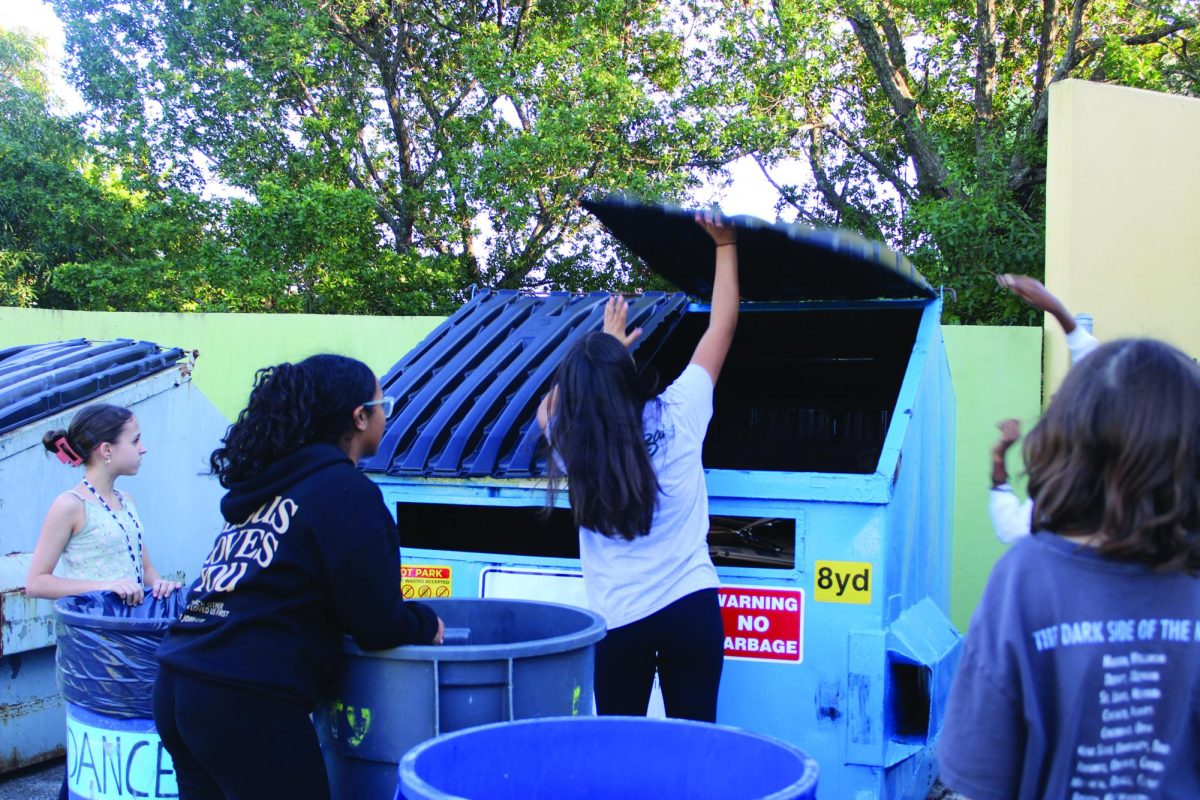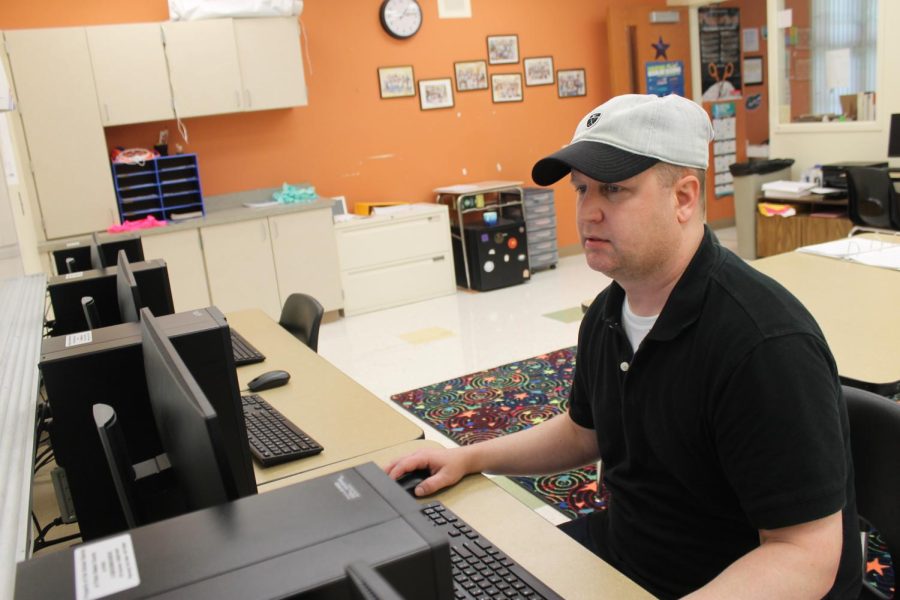Negative stigma on periods creates worldwide problems
Once a month, four billion women all over the word bleed monthly. This is called a period.
Although periods are natural, there is still a commonly-held negative feeling associated with them. In the opinion of the Portfolio staff, this stigma must be dispelled, and the conversation of periods should be normalized in society.
One specific stigmatizing belief that comes with a lack of education is that periods are “dirty” and make the experience unsanitary.
Executive Director of the United Nations Population Fund, Natalia Kanem, said in an interview with the United Nations, “Because of social taboo and gender stereotypes that stigmatize menstruation as dirty, many people experience menstruation with shame […] Menstruation is a human rights issue. It is also a public health and development issue.”
When people are not familiar with a certain experience, they can generalize and make incorrect judgments about it. This can be detrimental to one’s self image.
According to the International Planned Parenthood Federation, when the conversation around menstruation is suppressed, beliefs about people on their periods being unclean are widespread. This often leads to women and girls feeling confined to their homes, being excluded from public spaces or considered to be bad luck or harmful to others for about a week every month.
With judgments flying around so quickly in our society, women undeservedly tend to feel ashamed or embarrassed when they get their period.
The Menstrual Hygiene Day Organization said a poll [from the New York Post] found out that 58% of women have felt a sense of embarrassment simply because they were on their period. 42% of women have experienced period-shaming, with one in five being made to have these feelings because of comments made by a male friend.
Period shaming can be as simple as a one time remark, but the effects of it are undeniable. When someone gets their period, they should not have to be nervous to open a feminine product in the bathroom out of fear of being heard or be scared to ask to use the bathroom when they need to. Period stigma is holding back people from living the way they should be able to.
Although this problem is vast and practically intertwined into society, there are some steps to take in order to start solving this issue. The education of the menstrual cycle is an important stepping stone for the acceptance of periods.
According to the Institute for the Future of Education, menstrual education would reduce school absenteeism, effectively inform how the period works, and detect symptoms of ovarian or premenstrual disorders. The proper education creates awareness of menstruating bodies without prejudice and conceives dignified menstruation as a basic human right.
Due to this, we believe that the negative stigma behind the menstrual cycle is honestly disrespectful and should be dispelled. Periods are a natural part of life and should be treated as such. Even if students personally do not experience them, they should still treat others with dignity. They are not a joke or something to poke fun of; they are normal.








